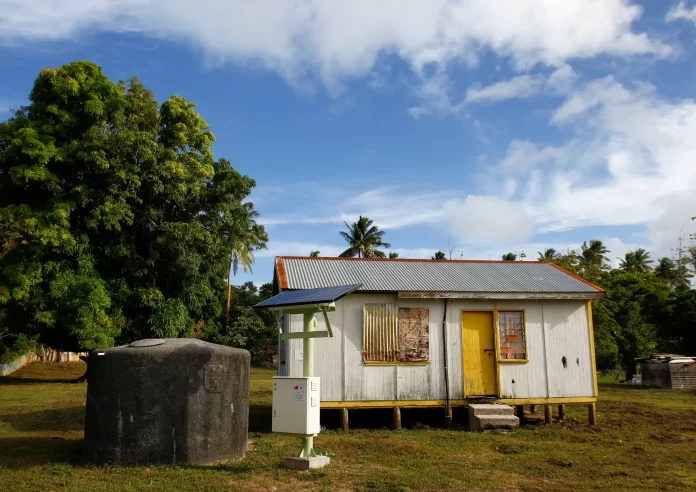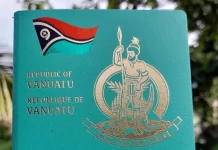The World Bank’s Board of Executive Directors has approved US$20 million (approximately TOP46 million) of Supplemental Financing in addition to the US$19 million committed and disbursed this financial year through the Tonga Second Resilience Development Policy Operation (DPO) with a Catastrophe-Deferred Drawdown Option (Cat-DDO).
This funding will bolster support for the country’s ongoing recovery efforts from the cumulative impacts of the COVID-19 pandemic and recent disasters, including multiple cyclones and a catastrophic volcanic eruption.
The Kingdom of Tonga has faced exceptional challenges in the past two years. While the country was recovering from the impacts of 2020’s Tropical Cyclone Harold; the economic losses to tourism and other sectors caused by the pandemic, the January eruption of the Hunga Tonga-Hunga Ha’apai volcano – and subsequent tsunami and ashfall – had an immense impact. The disaster affected 85 percent of Tonga’s population and caused damages and losses of an estimated US$182 million (approximately TOP421 million) or 36.4% of Tonga’s GDP – making it the most explosive volcanic event in the world in the last 30 years.
In the immediate aftermath of the eruption, the World Bank provided US$8 million and supported Tonga’s post-disaster assessment. This Supplemental Financing will ensure that Tonga can continue to deliver on the existing program of reforms to strengthen its public finances and debt management, reduce its vulnerability to climate change and natural hazards, and recover from the economic impacts of the pandemic, even as the country repairs and rebuilds after the eruption.
“Five months have passed since the Hunga Tonga-Hunga Ha’apai eruption, and the economic impact has been significant,” said Lasse Melgaard, World Bank Resident Representative for the South Pacific. “We are pleased to have been able to provide critical funding at a time of great need. Our support helped Tonga meet critical short term financing needs while also sustaining momentum on Tonga’s broader reform program focused on strengthening the country’s long term social and economic resilience.”
“An unanticipated financing gap had arisen due to the impact of the Hunga Tonga-Hunga Ha’apai volcanic eruption that occurred five months ago,” explained Tonga’s Minister for Finance, Tatafu Moeaki. “Although Tonga is strong and resilient under these situations, the recent multiple disasters have emphasised the urgent need to accelerate building national resilience, better prepare for and mitigate against disasters and climate-related emergencies. This support from the World Bank will help us to continue our mission to build climate and disaster resilience and drive longer-term change to support business opportunities for our people and for the economy.”
The tsunami and ashfall following the eruption affected 85 percent of the Tongan population directly, causing widespread damage to houses, schools, roads, and power and water supply networks. In addition to the eruption, Tonga also experienced its first COVID-19 outbreak earlier this year. The ensuing lockdowns, along with the increase in cost of goods and fuel due to the war in the Ukraine, has put additional financial pressure on households, especially the poor and vulnerable.
The Supplemental Financing is funded through the International Development Association (IDA)’s Crisis Response Window. Additional recovery support following the eruption is also being channelled through existing World Bank projects, including repairs to school infrastructure as part of the Tonga Safe and Resilient Schools Project, and strengthening of early warning systems through the Tonga Pacific Resilience Project.
SOURCE: WORLD BANK/PACNEWS















